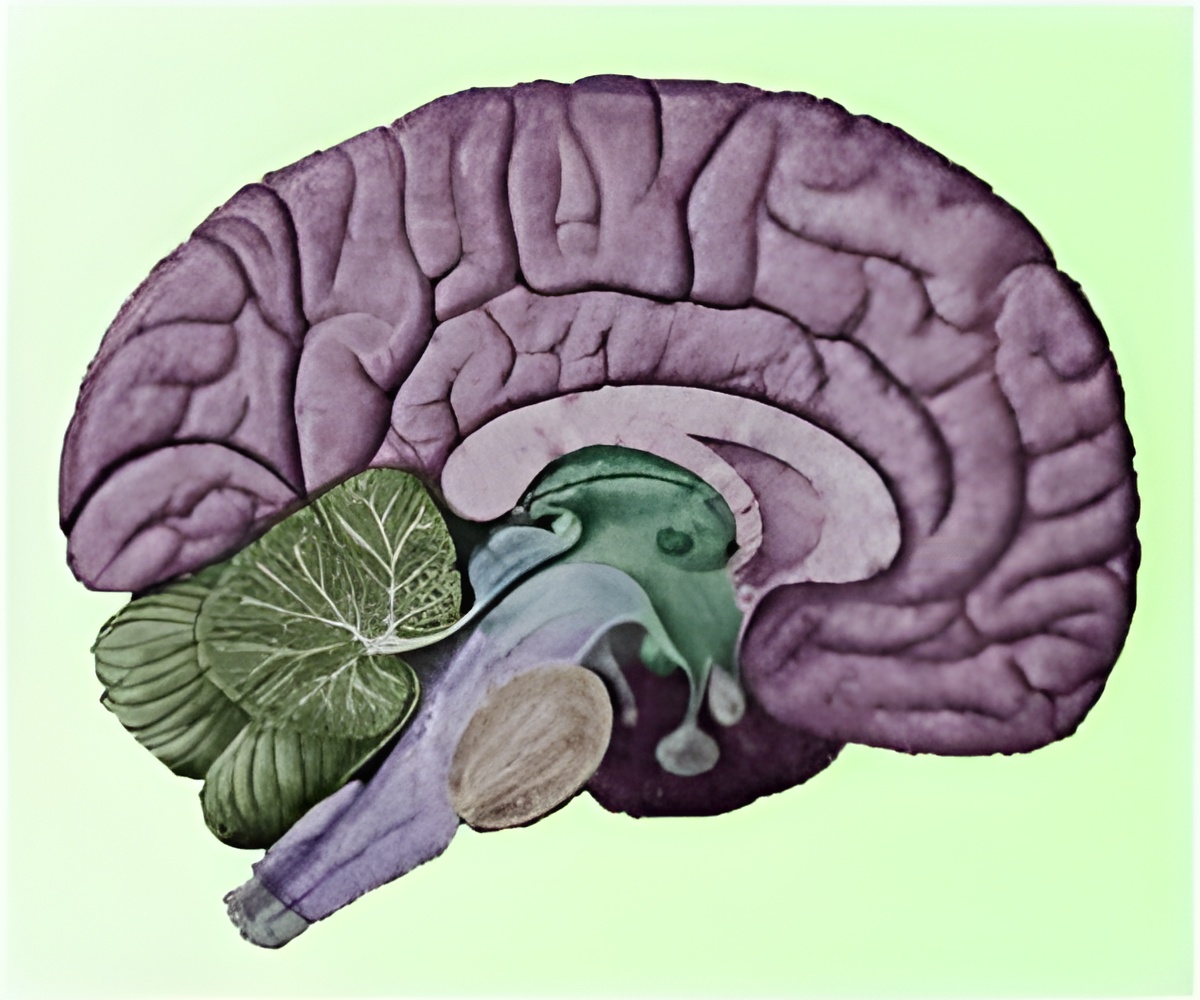Neurons in the brain are responsible for the formation of habits in primates where the signals formed in the striatum co-ordinates body movements.

"The brain seems to be wired to seek some near optimality of cost and benefit," said Ann Graybiel, an Institute Professor at Massachusetts Institute of Technology and also a member of the McGovern Institute for Brain Research.
Graybiel and her colleagues discovered clear beginning and ending signals in the brain when habits are performed. These signals appear in the striatum, a part of the brain that, among other things, coordinates body movements; the signals have been observed in mice, rats, and monkeys that have been trained to perform specific tasks.
A few years ago, Graybiel and Theresa Desrochers, decided to let two monkeys learn a habit on their own, without training, as a way to mimic real-life learning. They also recorded the activity of 1,600 neurons in the striatum during the learning period.
The primates learned to visually navigate a grid of dots on a screen in search of a randomly selected one that has been "baited," meaning that the monkey will receive a squirt of juice when its eyes pass through it. When the monkey's eyes land on the "baited" dot, the color of the grid of dots changes, indicating a reward is coming. Over time the monkey's eyes followed the same path repeatedly which suggested that the eye movements had became habitual.
Graybiel along with Dr Desrochers, at Brown University, and Ken-ichi Amemori, a research scientist in Graybiel's lab, observed the formation of clear beginning and ending signals at the boundaries of the habitual activity. In addition, over time, the ending signals changed dramatically. The team compared the changes in neural activity with changes in behavior and found that the two changed in parallel.
The changes in firing of some neurons tracked with cost, measured in terms of the length of the path of the eye movements during a trial, while others correlated with reward. Still others correlated with both cost and reward, and it was these neurons that sharpened their firing as the monkeys learned the habit and settled on a shorter, lower-cost eye movement pattern.
 MEDINDIA
MEDINDIA




 Email
Email





